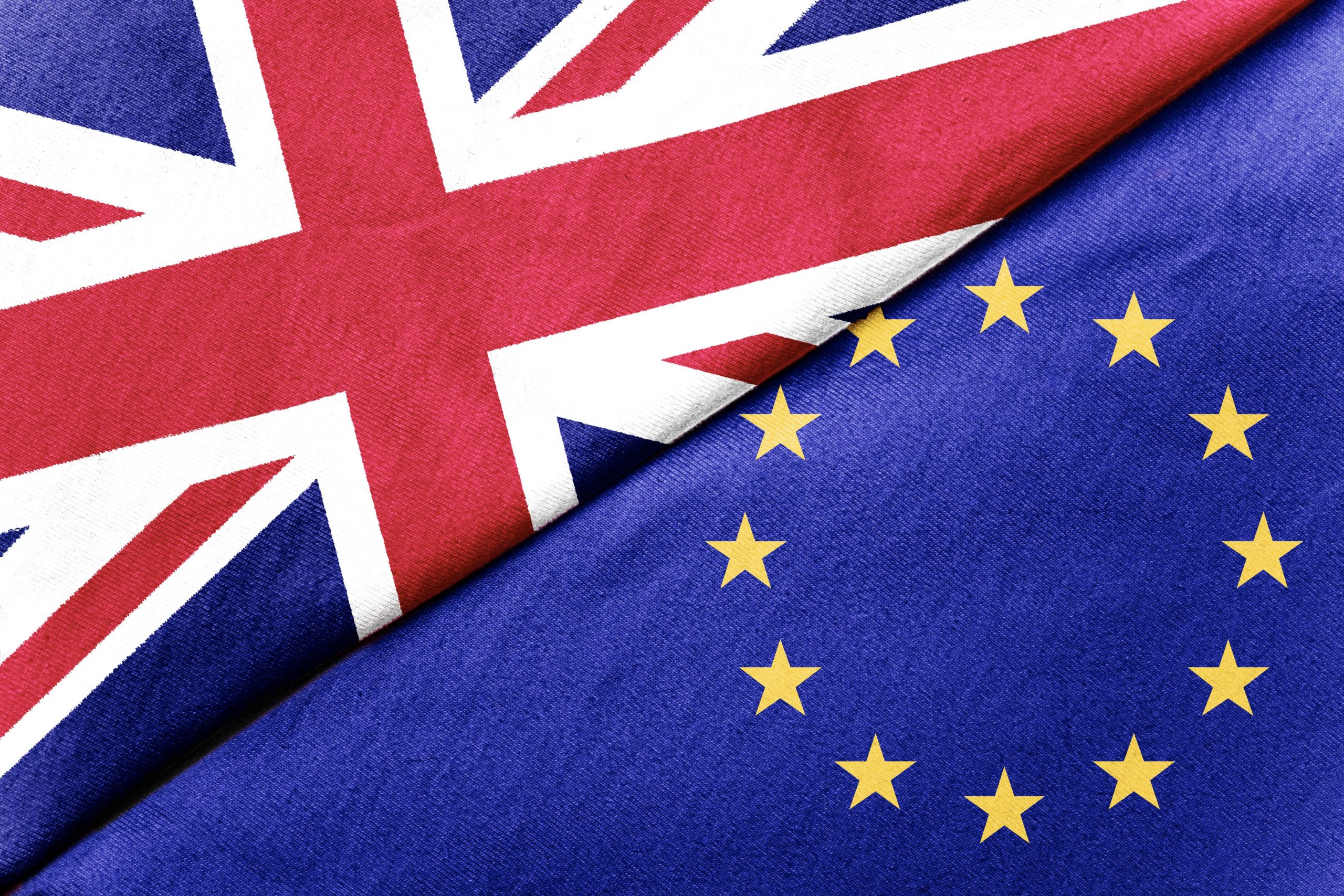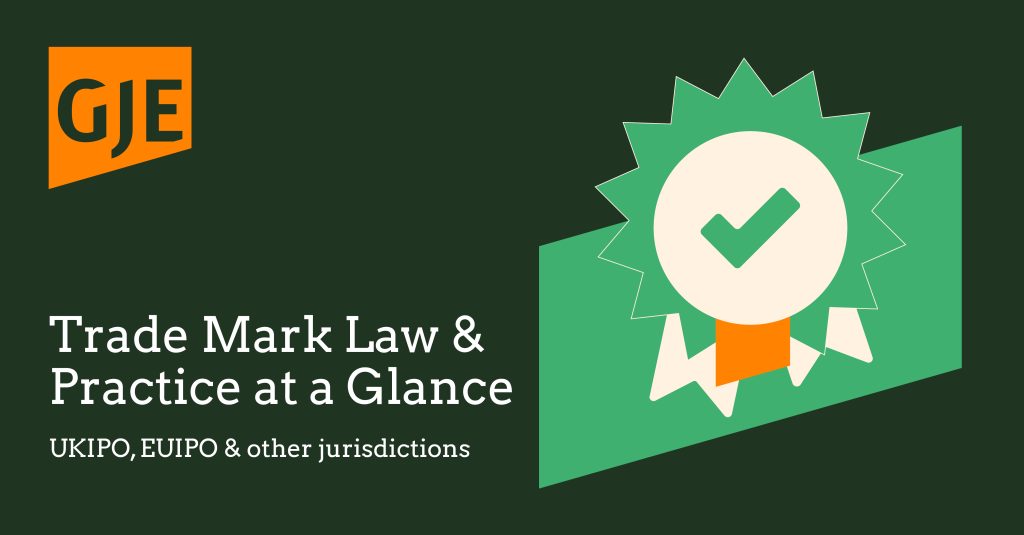
When the UK left the EU, the geographical scope of an EU trade mark (EUTM) reduced from 28 countries to 27 and protection no longer extended to the UK. To ensure that trade mark rights would not be lost in the UK, the UK Intellectual Property Office (the UKIPO) created cloned UK trade mark registrations for all EUTMs that were registered as of 1 January 2021. The creation of the clones ensured that owners of existing EUTM registrations retained protection in the UK and did not have to reapply for a separate national right.
Many of the marks that originated as EUTMs from which UK clones were created would never have been used in the UK and so under UK law, would have immediately been vulnerable to a non-use challenge. In the circumstances, this was deemed “unjust”. A change in law meant that for the last five years, where use needed to be proven, use of a trade mark in the EU (up to 31 December 2020) or the UK was sufficient to prove use of the corresponding UK clone.
From 1 January 2026, EU based evidence of use of a cloned UK trade mark will no longer be relevant and now only evidence of use of a trade mark in the UK will be considered in UK proceedings. This means that to rely on a UK clone in an opposition, invalidation or infringement action, the owner will need to show that it has been put to genuine use in the UK in the last five years. The UK clones may also separately be vulnerable to a non-use challenge, should one be filed by a third party and if such an action is filed, the owner would need to show genuine use in the UK. To be considered “genuine”, use of a trade mark cannot be internal or token (i.e. to merely avoid a non-use challenge), it must be commercial use to create or maintain a market share in relation to the products or services covered by the registration and by the owner, or with their consent.
We therefore recommend owners of UK clones proactively review their rights in the coming weeks so that they are aware of any potential vulnerability of their registrations. This includes:
- Considering bringing your mark back into genuine use if it is not currently.
- Keeping records of use. We recommend collating dated evidence of use (both in the UK and, if appropriate, other countries) including invoices, articles, advertisements and brochures so that it can be relied upon in the event of a non-use based challenge.
- Allowing registrations to lapse. If the mark is no longer of interest and has not been used in the UK, consider allowing the registration to lapse to avoid incurring renewal fees.
- Appointing a UK representative. The UKIPO now requires a UK based address for service in contentious proceedings so consider appointing a UK representative to avoid delays in enforcing your rights.
Our trade mark team are experienced at advising owners of UK clones on EU transitional matters so if you have any questions or would like support with handling your portfolio, please get in touch with a member of our trade mark team: gje@gje.com.


